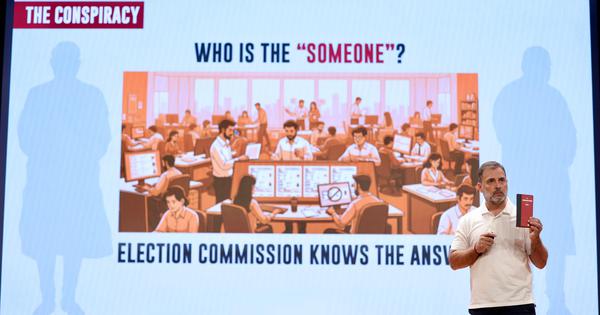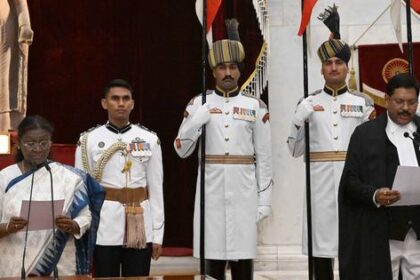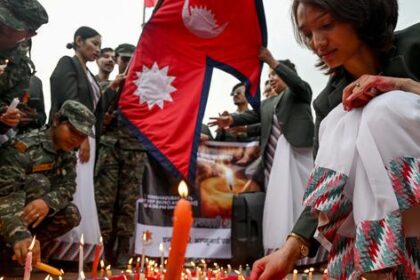Concerns arise over voter list deletions in Karnataka, while Adani Group faces regulatory scrutiny.
Congress leader Rahul Gandhi has raised serious concerns regarding the electoral process in Karnataka, alleging that a centralised software is being used to systematically remove names from voter lists. He accused Chief Election Commissioner Gyanesh Kumar of shielding those involved in what he termed “vote theft.” Gandhi’s assertions follow an analysis conducted by the Congress party, which indicated that in the Aland Assembly constituency, voter IDs were deleted through the use of fake login IDs and phone numbers sourced from outside the state.
While the exact number of voters removed from the electoral rolls remains unclear, Gandhi pointed out that there had been 6,018 applications submitted by entities impersonating legitimate voters. In response to these allegations, the Election Commission has categorically dismissed Gandhi’s claims as “incorrect and baseless,” asserting that no member of the public can delete votes online, countering the narrative presented by the Opposition leader.
In a related context, the Securities and Exchange Board of India (SEBI) has cleared the Adani Group of allegations posed by Hindenburg Research, which accused the conglomerate of concealing related-party transactions through three entities. While SEBI’s orders do not exonerate the Adani Group from all accusations made by the short seller, the regulator stated that the specific claims could not be substantiated. The Adani Group has been under scrutiny since January 2023, when Hindenburg Research characterized their actions as part of the “largest con in corporate history.” This development is significant as it potentially impacts investor confidence and market dynamics.
In the legal sphere, a Delhi court has overturned a previous order that had temporarily restrained four journalists from publishing reports deemed defamatory towards Gautam Adani’s Adani Enterprises. The bench highlighted that the civil judge had failed to hear the journalists before issuing the gag order. This decision follows an appeal from the journalists, who include Paranjoy Guha Thakurta and Ravi Nair, among others. The original restraining order, issued by Special Civil Judge Anuj Kumar Singh, had mandated the removal of allegedly defamatory content from various websites associated with the journalists.
Meanwhile, the Delhi Police have recently apprehended nearly 30 African refugees, citing illegal overstaying of visas and passports as the reason for their detention. The deputy commissioner of police in South Delhi, Ankit Chauhan, described the arrests as part of a routine operation. However, human rights activists have criticized this move, suggesting that the police’s actions indicate a targeted approach against African refugees, drawing parallels to previous detentions of Rohingya refugees in the area.
In Jammu and Kashmir, several politicians, including Peoples Democratic Party chief Mehbooba Mufti, reported being placed under house arrest. This action was purportedly taken to prevent them from attending condolences for the family of Abdul Gani Bhat, a separatist leader who passed away recently. Mufti characterized the house arrests as a reflection of the “harsh and undemocratic reality” prevailing in the Union Territory, highlighting ongoing tensions in the region.








